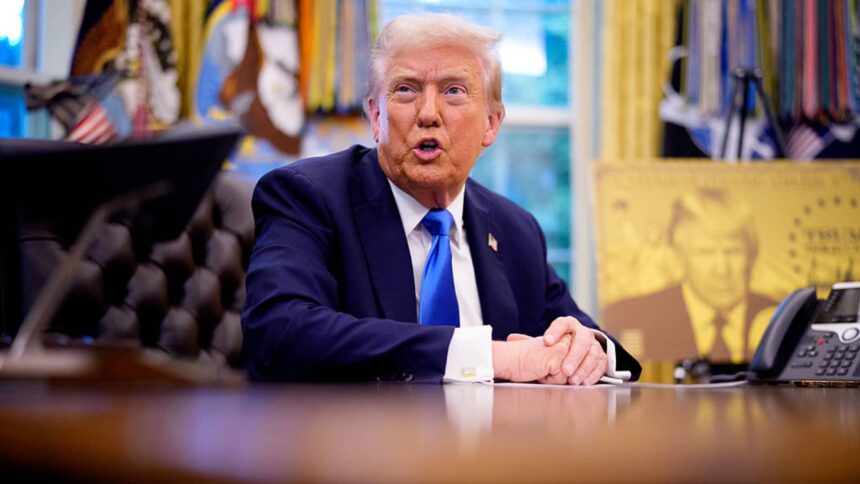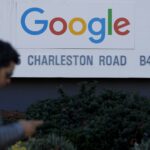In a significant policy shift, President Donald Trump announced on September 19, 2025, a drastic increase in the fee for H-1B visa applications, setting it at $100,000. This decision leaves numerous employers and prospective visa applicants in a state of uncertainty regarding their employment status and future plans.
The new fee structure, effective immediately, supersedes the previous range of application fees, which varied between $2,000 to $5,000 depending on the size of the employer. Under the new regulations, companies must secure documentation proving payment of the hefty fee before they can file an H-1B petition on behalf of a worker. Furthermore, applicants will experience a significant delay; their petitions will be restricted for a period of 12 months until the payment is processed, as outlined by the White House.
White House press secretary Karoline Leavitt clarified that this fee will only apply to new H-1B visa applicants and will not affect existing visa holders or renewals. Current H-1B visa holders located outside the United States will not be liable for the fee should they wish to re-enter the country. Importantly, the $100,000 fee is a one-time charge rather than an annual requirement. Exceptions will be made for immigrants whose roles are considered essential to national interests, as determined by the Secretary of Homeland Security.
This hefty increase poses a challenge to companies that rely on skilled foreign workers in the science, technology, engineering, and mathematics (STEM) fields. H-1B visas are crucial for these employers, particularly in filling highly technical positions that are often unavailable within the domestic labor market. The tech and finance industries are heavily dependent on H-1B workers, especially those hailing from India and China, which accounted for 71% and 11.7% of the visa holders in the previous year, respectively.
Annually, the cap for H-1B visas is set at 65,000, with an additional 20,000 reserved for individuals who have obtained a master’s degree or doctorate from an American institution. A lottery system is employed when the number of applications surpasses this cap. Recent statistics indicate that approximately 60% of approved H-1B workers have been employed in computer-related positions, according to Pew Research.
In the fiscal year 2025, Amazon emerged as the leading employer of H-1B visa holders, sponsoring over 10,000 applicants by the end of June. Other tech giants, such as Microsoft and Meta, sponsored over 5,000 each, while Apple and Google also featured prominently, each securing over 4,000 approvals.
This dramatic increase in visa fees has raised alarms within the industry, with many leaders expressing concern that such policies could hinder access to vital talent. As companies brace for the upcoming lottery cycle, the ramifications of this new fee structure remain to be seen, potentially reshaping the landscape of the tech sector and its reliance on foreign expertise.






